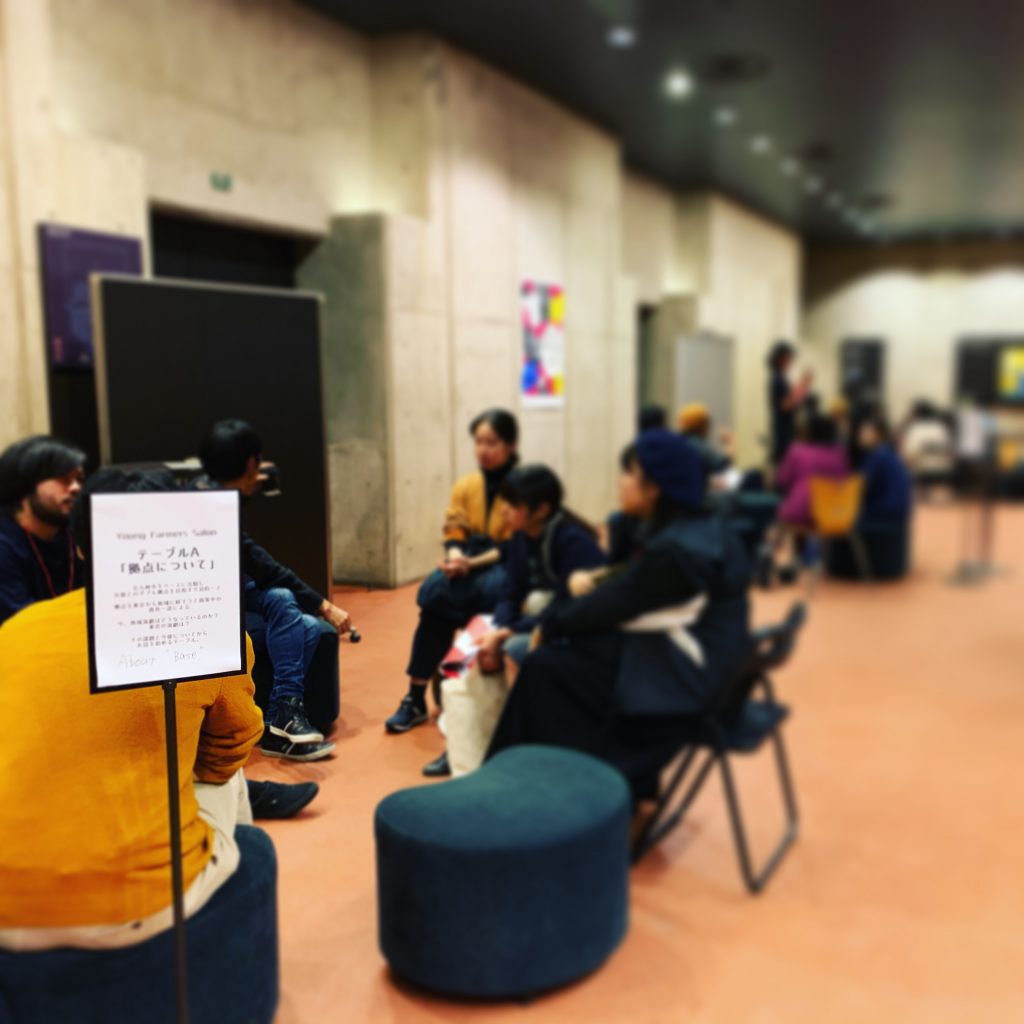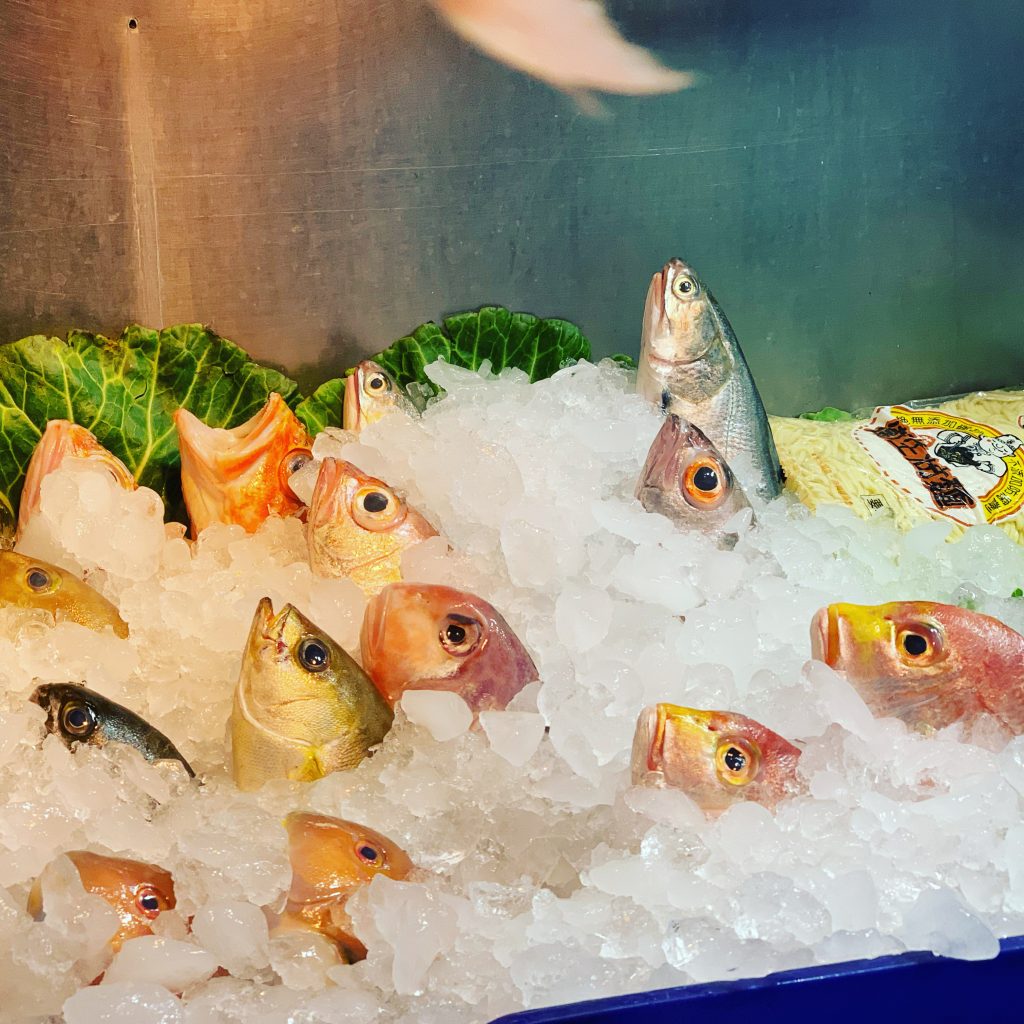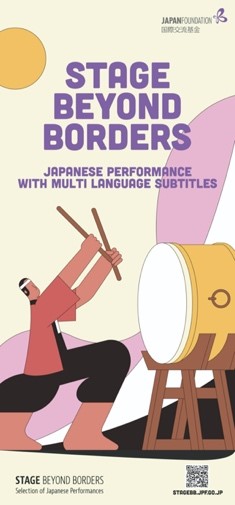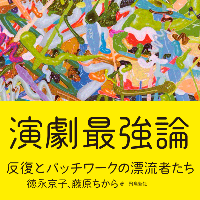【連載】これから演劇を始める人のための演劇入門 ENTRANCE=EXIT, FOR STARTING THEATER―第5場 このままでいいのか To be, or not to be
これから演劇
2019.11.19
*藤原ちからによる新連載。コンセプトについてはこちらをご覧ください。
*English is bellow the picture, you can translate into your language easily.
* * *
「演劇でいちばん有名なセリフは何?」と訊かれたら、あなたは何と答えますか?
「To be, or not to be, that is the question.」
これは言わずもがな、シェイクスピアの『ハムレット』の超有名なセリフです。翻訳も腕の見せどころ。日本語訳にもいろんなバージョンがあります。現在のところ特にポピュラーなのは、河合祥一郎訳(2003年)の「生きるべきか、死ぬべきか、それが問題だ」でしょうか(*)。ドラマティックな日本語ですし、このセリフが聞きたいからこそ『ハムレット』を観る、という人もいるでしょう。しかしここではあえて、より直訳に近い、小田島雄志訳(1972年)の「このままでいいのか、いけないのか、それが問題だ」に注目してみます。
「To be, or not to be, that is the question.(このままでいいのか、いけないのか、それが問題だ)」
……だいぶ日常的なフレーズになりました。口に出して言わないまでも、脳内でそう考えたことはあるのでは? こういう状況は、復讐に燃えるハムレットのみならず、人生一般によくあるものです。
実はわたしは最近、親知らずを抜くかどうかでこのセリフを思い浮かべました。このままでいいのか、いけないのか、それが問題だ……。放っておけばいろんな不調の原因になる一方、抜いたら痛いし麻痺が残ったりするリスクもゼロではない。そうして迷っているあいだに、状態はどんどん悪化していく。一説によれば、齢をとるほど抜きにくいとも言われます。そんな親知らずがシクシク痛みながらも、わたしは忙しいことを理由に放置し続けてきました。「まだ大丈夫」とか「なりゆきに任せよう」とかいろんな理由をつけて、「このまま」の状態をキープし続けてきたのです。
この連載の第3場は「モビリティとグラヴィティ」についての話でした。「グラヴィティ」は、必ずしも悪いものではありません。「誰か/何かをある場所に結びつけようとする力」である「グラヴィティ」は、あなたが地に足をつけて生きるためには必要なものかもしれません。時にはエネルギーを与えてくれることもあるでしょう。しかし一方で「グラヴィティ」は呪いや牢獄のように、あなたをある特定の場所やテーマに縛り付けることもあります。それはもしかすると、あなたが持ち得たかもしれない他の可能性を奪っているかもしれません。つまり「グラヴィティ」は両刃の剣です。その見極めは簡単ではありません。
ここで強調しておきたいのは、そのような岐路に立った時、思い切って「グラヴィティ」を断つのは極めて難しいという事実です。なぜなら、その状態に留まる理由はいくらでも思いつくからです。あの親知らずのように……。一方で、「グラヴィティ」から離れて新しい世界へと旅立つチャレンジは、常にリスクがつきまといます。あなたは何かを失うかもしれない。いや、間違いなく、何かは失うでしょう。
2019年10月、東京でAPAF(Asian Performing Arts Farm)が開催され、その中に「Young Farmers Salon」という企画がありました。演劇やダンスに関わる若い人たち(原則20代まで)が集まって、いくつかのトピックについて話すという試みでした。わたしは年齢制限オーバーのため、海外からの参加者のための臨時の通訳として同席しただけなのですが、若い世代限定という環境のせいもあってか、率直な悩みが語られているように感じました。たくさんの「question」があの場に渦巻いていたように思います。あのハムレットのそれのように。To be, or not to be……。それは、古今東西のあらゆる若者に共通する、普遍的な悩みなのでしょうか? それとも、今の時代ならではの特殊な問題なのでしょうか?
……親知らずの話に戻りますが、結局、わたしは歯医者の門を叩き、歯を抜いてもらうことにしました。これで肩こりや偏頭痛とは無縁の、薔薇色の人生が待っているかもしれない……。しかしながら、そんな淡い期待はあっけなく打ち砕かれました。2時間におよぶ拷問のような手術の時間を耐えたにもかかわらず、わたしの顎には、親知らずの根っこが残ってしまったのでした。この残根が、このまま静かに眠ったままでいてくれるのか、それとも将来的に何か悪影響を及ぼすのか、まだわかりません。人生はままならないものです。
さて、最後にクエスチョンです。よかったらハッシュタグ #korekara_Q を付けてSNSで答えてみてくださいね。
Q)あなたにとっての「親知らず」は何ですか?
*角川文庫『新訳 ハムレット』のあとがきでは、訳者の河合祥一郎氏によって40通り(!)もの日本語訳が列挙されています。「観客が最も受け入れやすい台詞」にするために、あえて「これまで最も人口に膾炙してきた訳」である「生きるべきか、死ぬべきか、それが問題だ」を選んだそうです。例えばエルンスト・ルビッチ監督の映画『To Be or Not to Be』(1942年)が1989年の日本公開時に『生きるべきか死ぬべきか』という邦題になっており、この映画がきっかけかどうかはわかりませんが、すでにこの当時、この訳語がポピュラーなものであった、とは言えそうです。

Young Farmers Salonの様子
If you were asked “what is the most famous phrase in theater plays?”, what would you answer?
“To be, or not to be, that is the question.”
Needless to say, this is a super famous line from Shakespeare’s Hamlet. The translation has been also a great part to show off the translator’s skill. There are various versions of the Japanese translation. So far, the most popular one is “生きるべきか、死ぬべきか、それが問題だ (=Should I live? Or die? That is the question.)” by Shoichiro Kawai (2003). It’s a dramatic Japanese phrase, and some people would like to watch “Hamlet” because of this phrase. But here, let’s pay attention to the translation of Yuji Odajima (1972), which is closer to the literal translation, “このままでいいのか、いけないのか、それが問題だ (=Is it okay to stay in this situation? Or not? That is the question.)”
“To be, or not to be, that is the question.”
…It has become an ordinary phrase. Even if you never say it, maybe you have thought about it in your brain. This situation is not only on Hamlet who burn with vengeful thoughts, but also common in our ordinary life.
Actually, I recently recalled this phrase when I thought about whether to remove wisdom teeth. To be, or not to be, that is the question… If I let it be, it may cause various problems, but on the other hand, if I pull it out, it can cause pain and remain paralyzed. While I am unable to decide, things get worse. According to one theory, it’s harder to remove when I get older. Even though such a wisdom tooth painful, I have been left it in the bad state because of my busyness. “It’s still okay” or “Let’s leave it in natural” or something like that, I’ve been creating many reasons and keeping it “to be”.
The third part of this series was about “Mobility and Gravity”. “Gravity” is not necessarily bad meaning. “Gravity” as “force to connect someone/something to a certain place” may be necessary for you to live on the ground. It may give you an energy sometimes. But on the other hand, “gravity” can bind you to a particular place or theme like a curse or prison. It may be depriving your other potentials which you can have. In other words, “gravity” is a double-edged sword. This judgment is not easy.
What I want to emphasize here is the fact that it’s extremely difficult to leave “gravity” when you stand at such a crossroads. Because you can easily create many reasons to stay in that state, like a wisdom tooth. On the other hand, the challenge of moving away from “gravity” to a new world is always risky. You may lose something. No, you will definitely lose something.
In October 2019, APAF (Asian Performing Arts Farm) was held in Tokyo, which included a project called “Young Farmers Salon” . It was an attempt to gather young people involved in theater or dance (up to 20s in principle) to talk about several topics. Due to over-age restrictions, I was just present as a temporary interpreter for the participants from overseas. Maybe because of the environment limited to the younger generation, they spoke about their sincere anxieties each other. There were many kind of “question” on that gathering, like the Hamlet’s one. To be, or not to be… Is it an universal question peculiar to any young generation of all times and places? Or, is it the special question unique to this era?
…Going back to my wisdom tooth story. Finally I decided to knock a door of a dentist and have my teeth removed. I dreamt a paradise without shoulder stiffness or migraines… However, such a faint expectation was shattered. Despite enduring 2 hours of torture-like surgery, a root of the wisdom tooth remained in my chin. I still don’t know if this remnant root will stay asleep or will have any negative effects in the future. life isn’t always what one likes.
At the end, there is a question. Please answer on your social media with a hashtag #korekara_Q
Q) What is “the wisdom tooth” for you?




